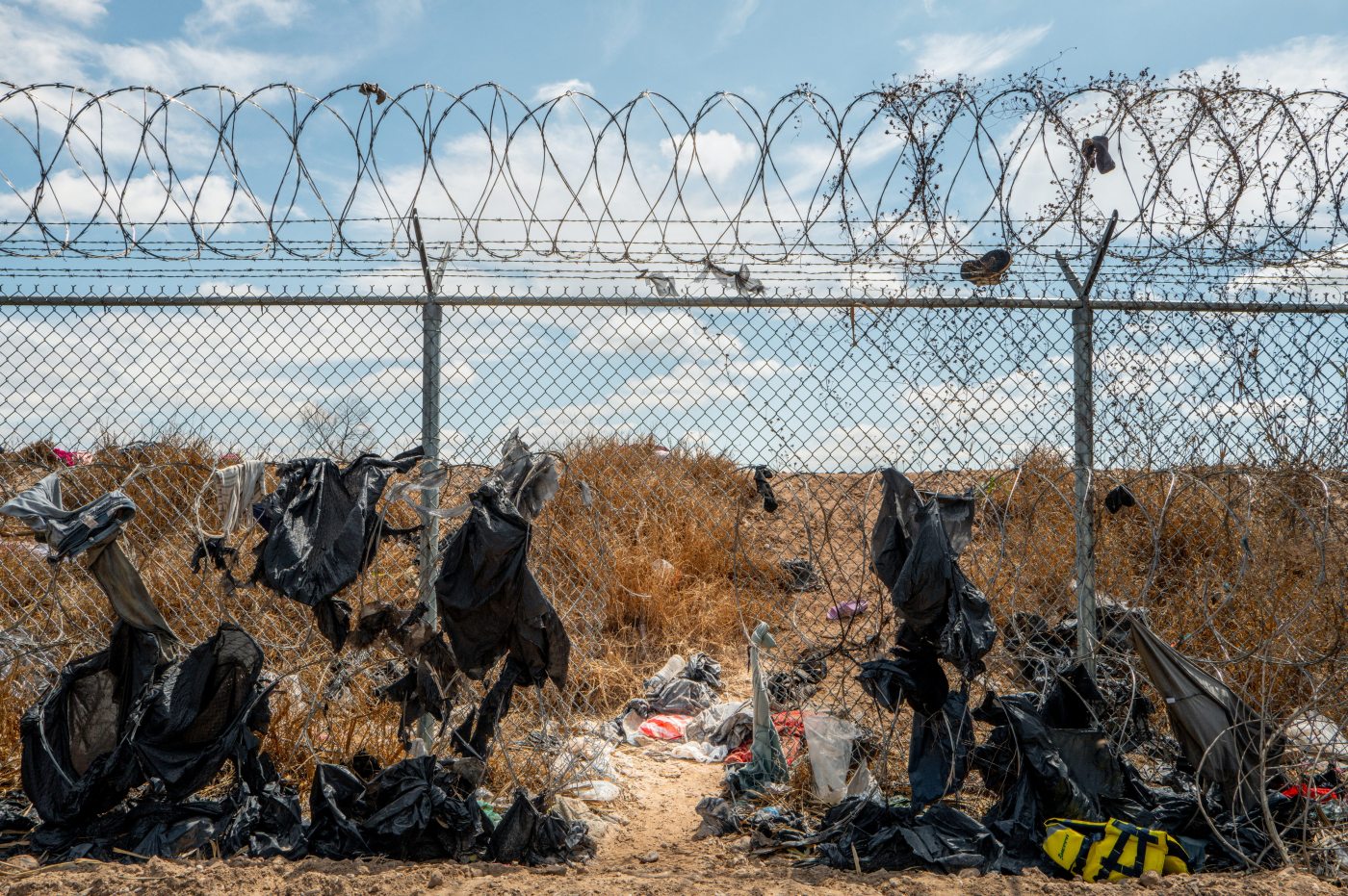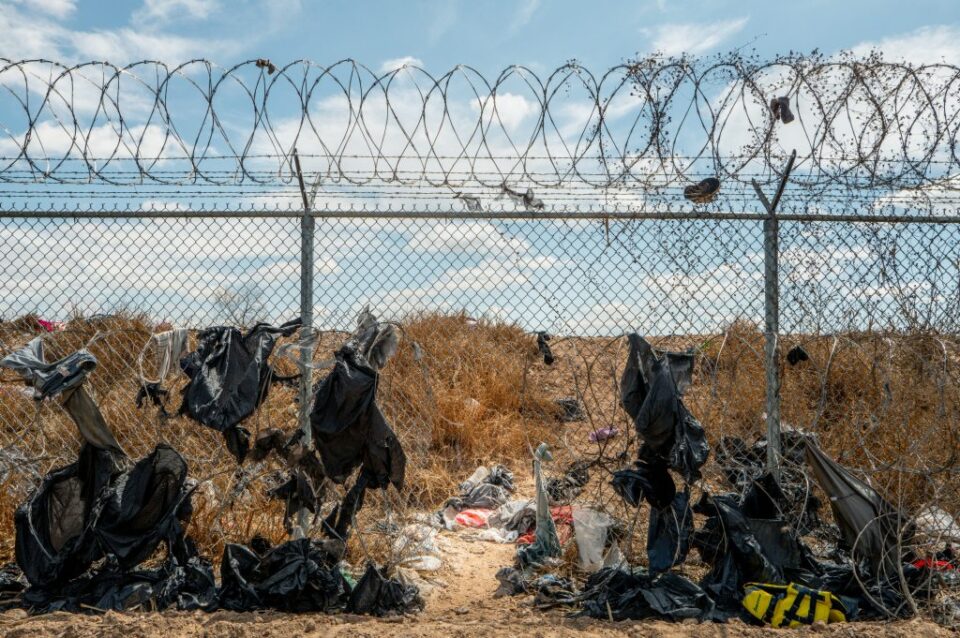
Had you told Congress, or the White House, in the 1970s or 1980s that the nation’s immigration system would, in the third decade of the 21st century, devolve into an intramural scrimmage between the states, they’d have thought you a fool.
Federal policy oversees and regulates immigration to the United States, they would have insisted, whichever side of the aisle they sat. Those policies may change over time, and indeed they have, through the Immigration Acts of 1917 and 1924, the Immigration Reform and Control Act of 1986, and the Immigration Act of 1990, to name just a few examples. But it’s always been a matter for the federal government, deriving its authority from Article One of the United States Constitution. Without reasonable question.
Now consider the events of the past few days. We’ve seen a flurry of legal battles over the desire of one of the 50 states, Texas, to enforce a state law that allows Texas officials to arrest and detain people they suspect of entering the country (and thus Texas) illegally. On Tuesday, the U.S. Supreme Court first allowed the law (known as SB4) briefly to take effect, only for the U.S. 5th Circuit Court of Appeals to block it that same night. It remains in limbo, its constitutionality undecided. The nub of the issue is how much latitude states should be given to (in the words of Texas) “regulate alien misconduct and prosecute crimes involving illegal entry.” It has become impossible to separate the politics from the legalities.
This is not just a Texas issue, either. It’s snowballing. Just within the past week, Iowa lawmakers passed their own bill making it a crime to enter Iowa after having been either deported or denied entry into the United States. Similar legislation with only minor variances is being proposed in several other states with Republicans in control at the statehouse, including Louisiana, Missouri and Oklahoma. When it comes to a key matter as to how nations define themselves, the country appears to be dividing itself in two.
For many Republicans, this effort is born of their frustration in what they see as not just the Biden administration’s inaction when it comes to immigration issues, but their sense that their states are being unjustly burdened by persons flooding across the border with willful disregard for the nation’s laws. By this way of thinking, border communities are being unjustly burdened, resources stretched, public safety risked and the quality of life for citizens and longtime permanent residents undermined, especially those who do not live in leafy suburbs. Moreover, many say, the idea that some U.S. laws are, well, laws and others, such as what happens as you breeze past the border, are optional or can be waved away has a pernicious effect on society as a whole.
If you can ignore immigration laws with impunity, this logic goes, then why should you be detained for stealing from a drugstore?
It’s time Democrats better understood that these are fair points. We’d also note that, in progressive cities, the expansion of the so-called Sanctuary City concept from the reasonable original assertion that nobody needed to be calling in federal immigration authorities for some minor urban violation to, in effect, becoming a declaration of far broader protections. The Democratic cities declined to cooperate in enforcing laws with which many of their leaders disagreed philosophically. They may have had a point, but that’s not our point here. They still contributed to the dysfunction.
Finally, there is Donald Trump, who any fool can see has put his own political interests in November before the interests of the country he campaigns to lead. He scuppered the most recent attempt at compromise on exactly those self-serving grounds. He’s to blame probably more than any other single individual, assuming you forgive the fealty to his wishes of elected Republicans.
Immigration should not be impossible for this nation of immigrants to figure out. We have experience, after all. Peer nations have managed to come up with a cohesive set of enforceable rules, designed to balance compassion for the world’s oppressed with the economic needs of the host nation. In many countries, substantial economic growth has flowed from smart people on immigrant visas with paths to citizenships. You don’t see Canadian provinces or British counties or Australian states jumping into their fray with the own ideologically varied approaches to who gets in the door. It’s a settled fact that nations have to make at least the core of these determinations together. That’s what makes them cohesive countries.
So, no, the Supreme Court should not let Texas meddle in immigration law, nor Iowa nor any other state that may be so inclined. But every day this country’s elected federal officials fail to work together to solve this issue is a day the nation’s essential cohesion becomes yet more at risk.
Submit a letter, of no more than 400 words, to the editor here or email [email protected].
The Editorial Board , 2024-03-24 11:05:32
Source link



Clarence Page: How to fight Donald Trump as a Republican and survive